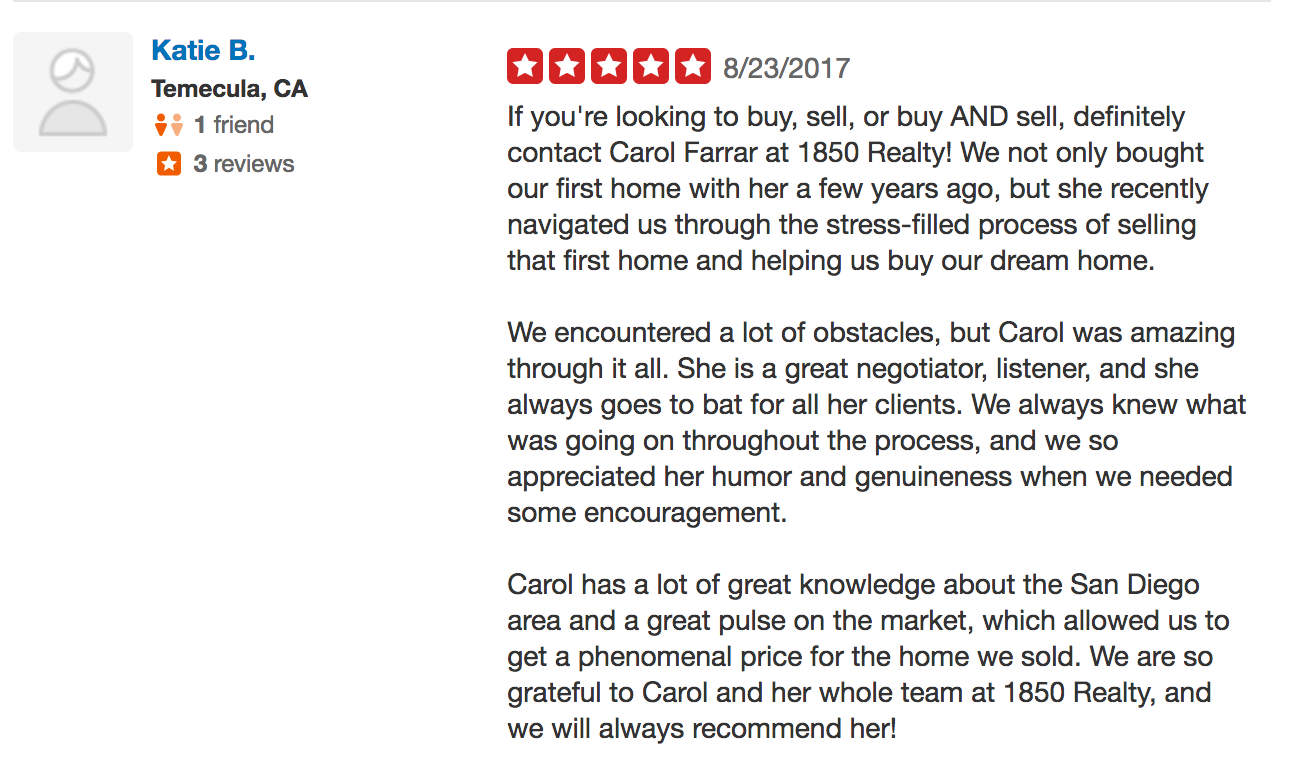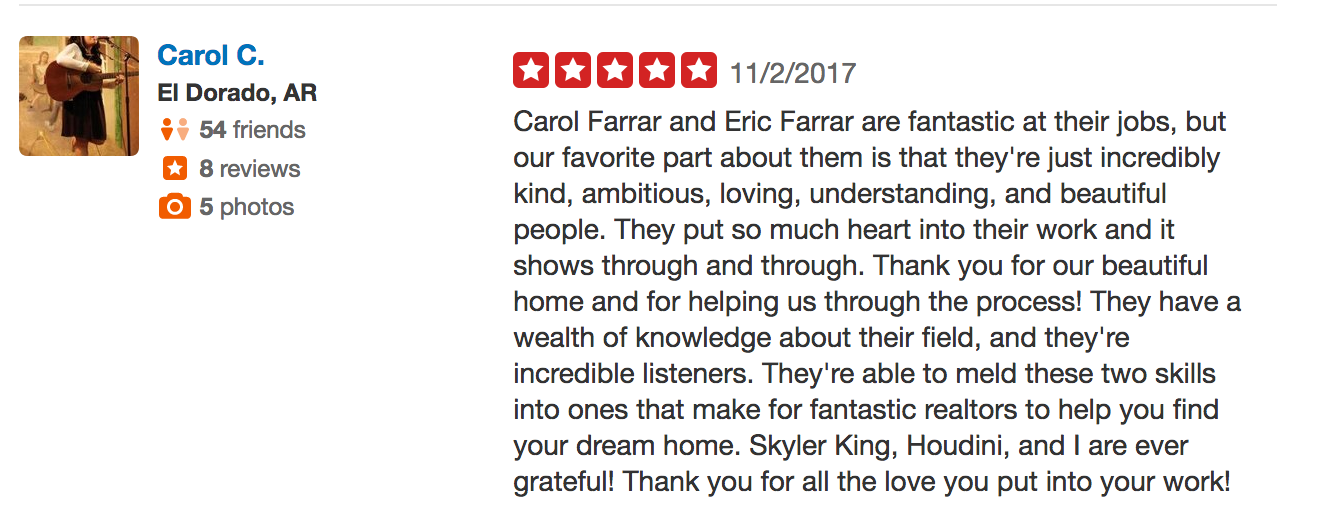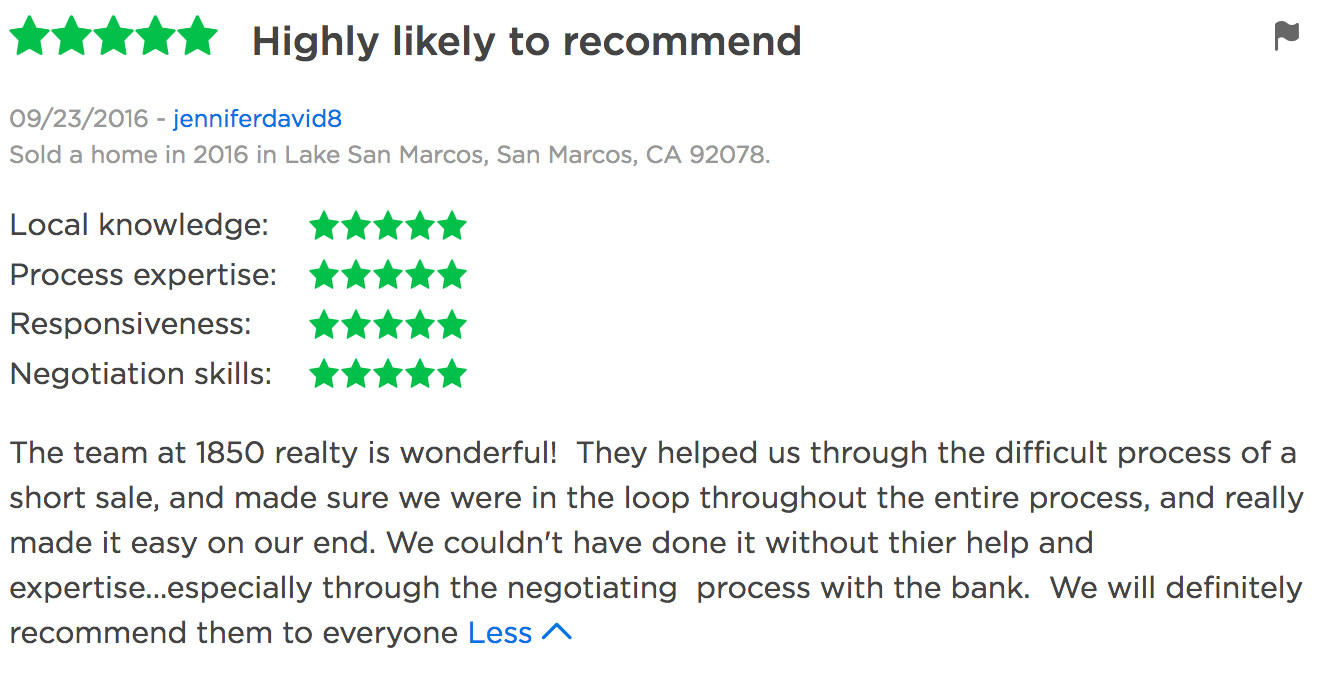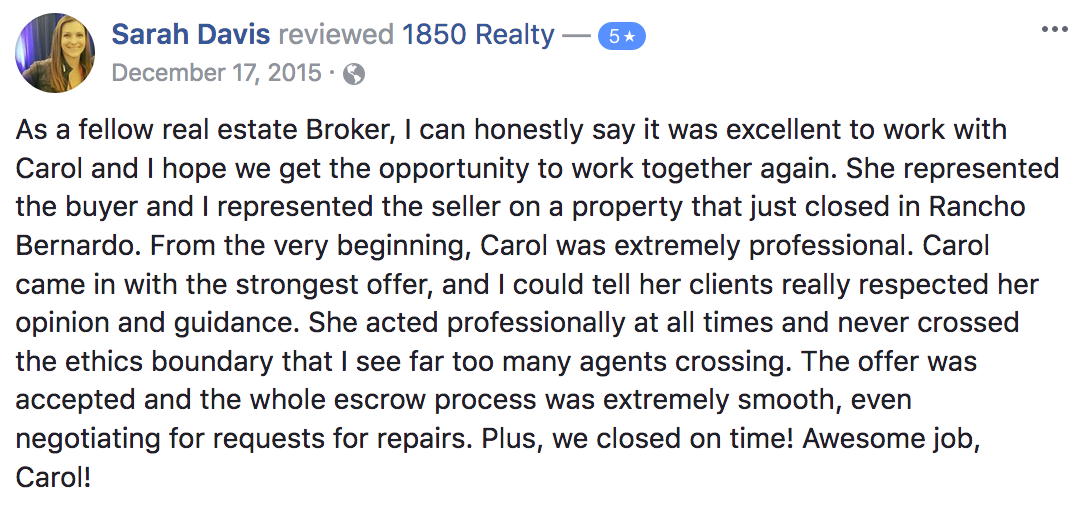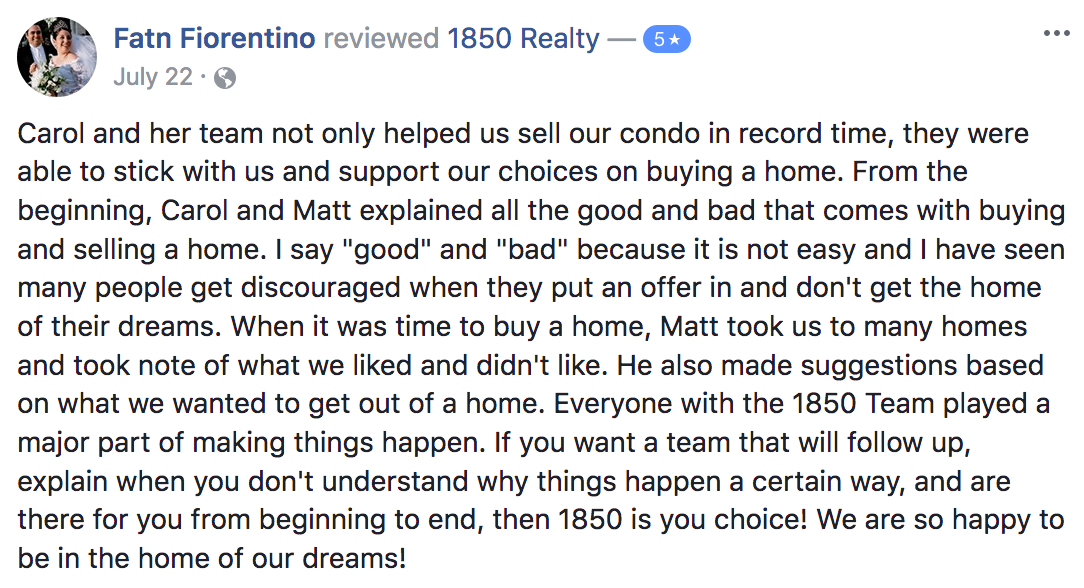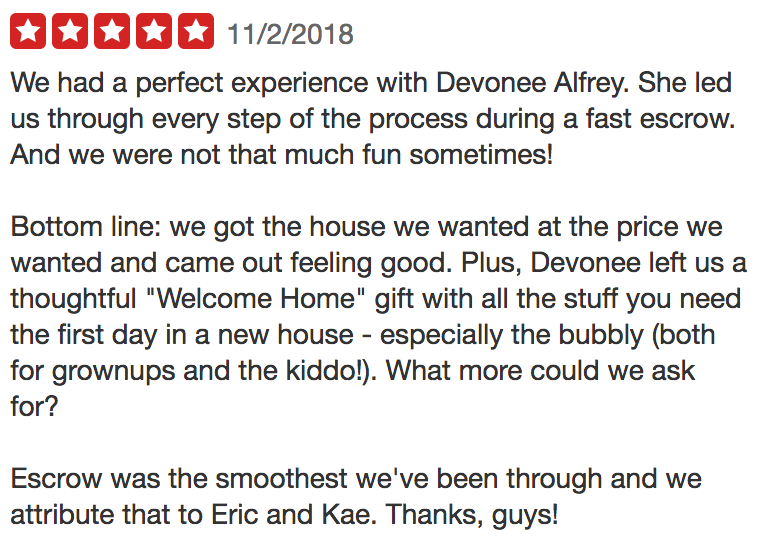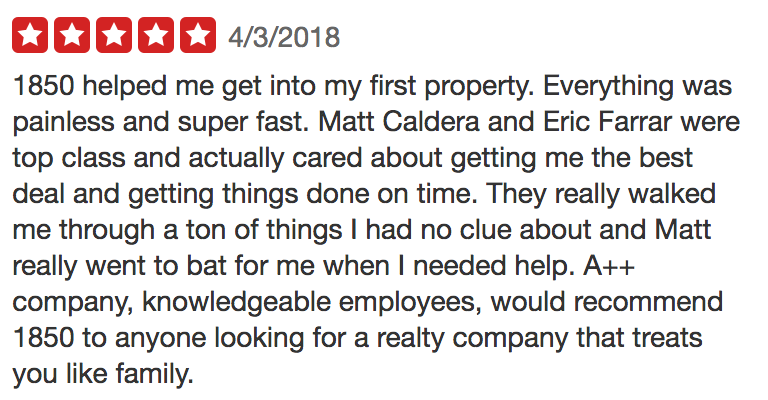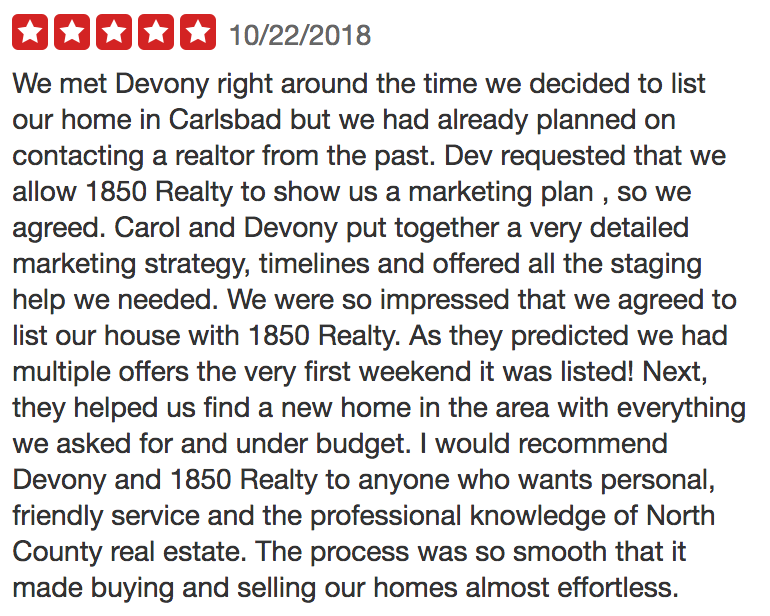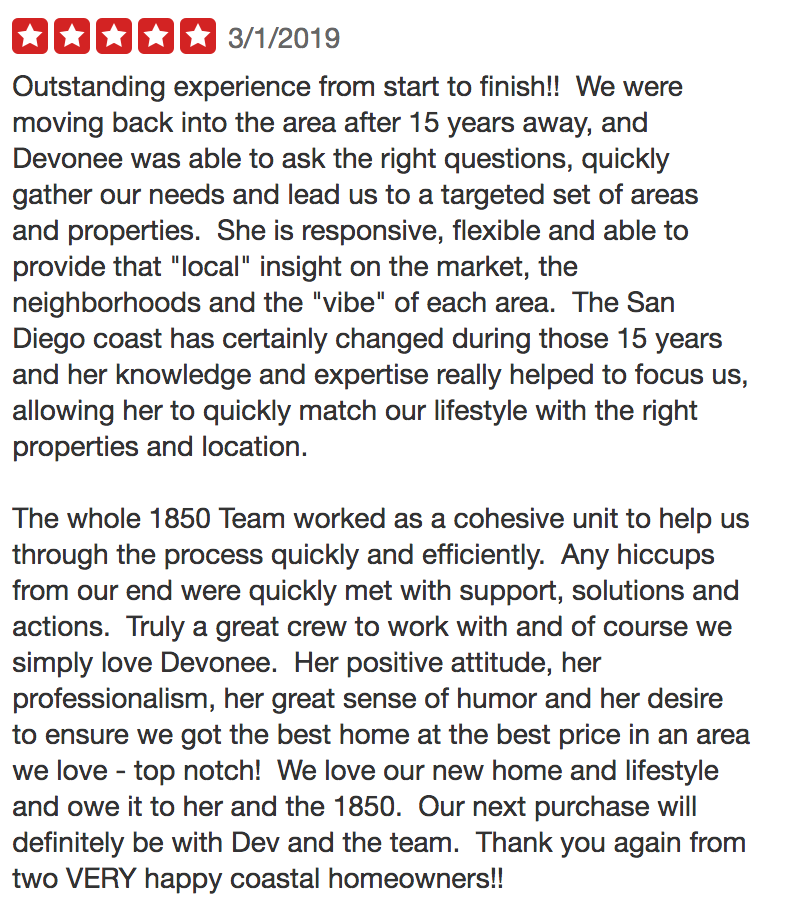Financing:
The first step in a home purchase. If you don’t have cash, one needs to obtain a loan. This has been the same process for decades: ranking your income, career and current funds to determine how much of a financial load you are able to bear. The more you can pay, the more you are able to qualify to borrow. These metrics aren’t linear though. Lets take a look at some industry terms.
1.Your occupation and employment history. Having an occupation means you have a stream of income to satisfy your debts. No gaps in your employment history show you are responsible about maintaining that stream of income. Life happens; career changes and sometimes your job description can make a difference in your ability to qualify for a loan. This is your largest contributing factor to determine your borrowing ability.
2. Income. You can have income streams and not be employed. Alimony, disability payments, Social Security, investment returns, and other settlement payments can contribute here. Key factors are longevity (how long will the payments last?) and stability (is the amount going to be consistent?)
3. Reserves. Also known as cash and/or cash equivalents (401k, mutual funds etc.) are needed to qualify for a mortgage. There are still a few products that allow one to borrow 100%. VA is a prime example. Many folks are going to need a down payment from 3.5%-20% in normal circumstances. Depending on lender qualification requirements, you may need to show P.I.T.I. (Principal.Interest.Taxes.Insurance) reserves that can range anywhere from 6-12 months. Many times cash equivalents are allowed for this, but there is no fixed rule.
4. Credit score. Fair Issac Corporation invented this metric in 1958. Two other companies exist as well: Transunion and Equifax. Your score is your creditworthiness and likelihood to pay back debt. Opting in or out isn’t an option. Ironically, those who are very responsible and have no debts can be penalized in this scoring system. Higher scores are rewarded with lower rates. Bankruptcies, foreclosures, short sales, and unpaid bills can hurt you, as well as revolving credit lines that are over 50% to maximum.
5. Interest rate. The cost to borrow money. The lower the effective rate is, the stronger your borrowing position is. Your employment, income, reserves & credit score will make the interest rate you get higher or lower.
Scenarios:
Let’s visit a few real life scenarios. Almost everyone’s qualification is a little different.
1. You “inherited the farm.” A windfall can work wonders for boosting your hard money position, in terms of down payment and cash reserves. Couple this with a good income, and things are looking up! However, if you have a large cash position and no income, borrowing any amount to purchase a home is going to be difficult.
2. Your occupation: you aren’t in the average income bracket for your position. Occupations like “welder” or “mechanic” are examples. There are a small percentage who make exponentially more than national averages. Sole proprietors have had a hard time historically qualifying for loans, due to the statistics related to small business failures. We know of one client who was subpoenaed in a mortgage suit because “they made too much for the occupation.”
3. Divorce. It can be difficult to get all parties to remove spouses from title and loans from a prior home purchase. Getting all of your judgements finalized is important to move on and qualify for a new mortgage.
4. Taxes. Having your tax returns in order is imperative when applying for a loan. Many of the above issues can compound into this bracket. Buying out a spouse or business partner, cashing in on stock options, the list can go on. Getting current/back tax returns and payments settled is necessary to move forward.
5. Credit repair. Pay off a large debt, or shuffle your credit card ratios? Improvements can be gleaned here, but they do take time to make it up the chain. Depending on your situation, you can see improvement fairly quickly with a process called Rapid Rescore. Once the improvement is recorded on your credit report, you are clear to move forward.
The 1850 solution:
While the process may seem complicated, an experienced mortgage banker can guide and ease this process. Once you get qualified, you are ready for the next step! The home search.
We at 1850 Realty are happy to share information about the home buying process. Transactions can vary individually, and we are here to help you with your real estate needs. To discuss in more detail, don’t hesitate to contact us:
Call/Text (760) 814-1850 or email info@1850realty.com
Next article in this series: Retaining the Service of a Real Estate Agent


